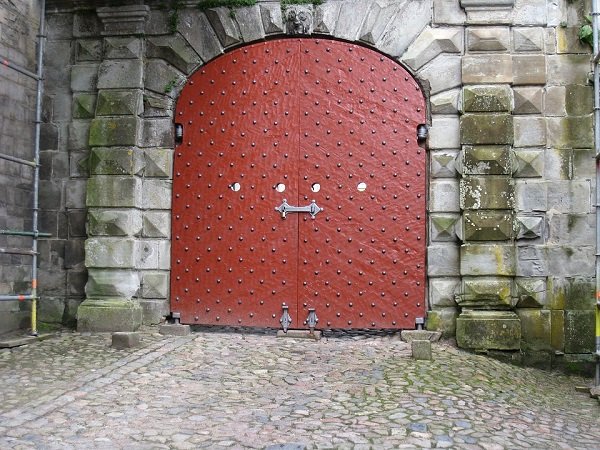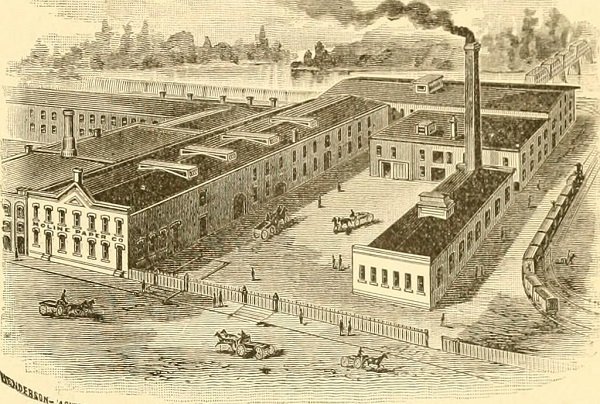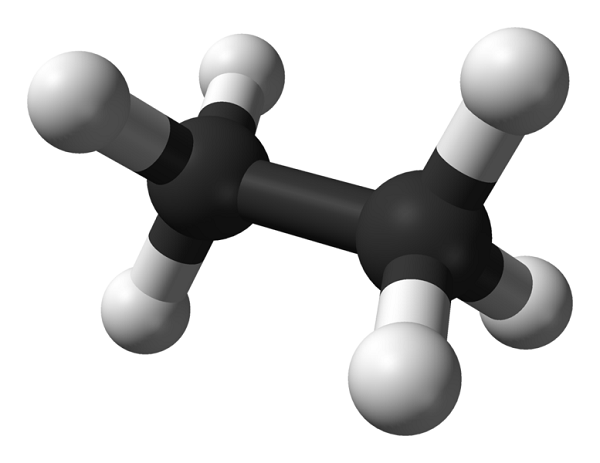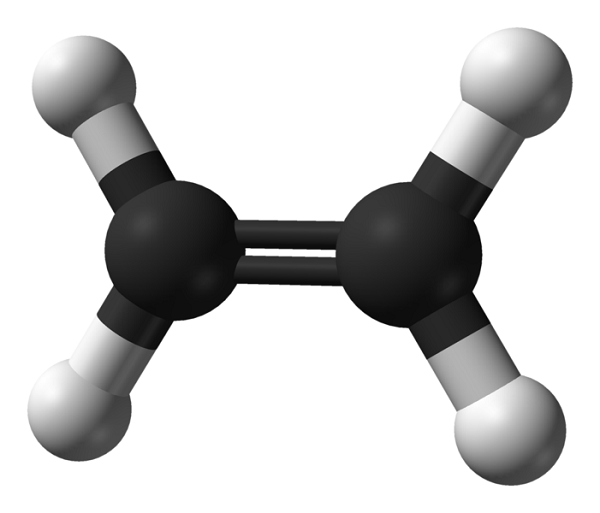The Tale of Three Cities: Using Analogy to Explain the Chemistry of Hydrocarbons
Introduction
Thanks steemians for your comments and for upvoting my last post. Today, I’ll be taking us through another journey in Chemistry teaching.
Chemistry is an interesting subject and a puzzle of wonder in its entire ramification. The teaching of Chemistry is an art in itself.
Chemistry as a subject has been qualified by many students of different educational cadre as being abstract, volatile, difficult, boring and so on. However, in my own opinion it could be a fun-filled subject, depending on how the content is being delivered. One way of catching the attention of students and holding it is using analogies especially in form of story-telling to deliver the content.
Analogies are tools used to bridge the gap between abstract concepts and comprehensible experiences of the learner. It uses familiar concepts to explain the unfamiliar ones. It could be pictorial: using pictures, images, or other visual materials); descriptive or narrative (story telling) see my last post here
Why Stories in Chemistry teaching?
Children and even adults love stories. Facts, myths and fairy tales have been passed from one generation to the other through folk tales. Researchers have reported that those taught using analogies (whether descriptive or narrative) performed significantly better than those taught using the conventional lecture method.
I have also employed the use of imaginary stories in some of my classes, especially in explaining some concepts in Organic chemistry. One of such stories is ‘The tale of three cities’ which I used to explain the Chemistry of Hydrocarbons (Alkanes, Alkenes and Alkynes).
The background
Few decades ago in Nigeria, most cities had toll gates at the main entrances. Vehicles going in and out these cities had to pay token amount of money for them to pass through. These gates are open gates, they allowed the flow of people easily.

On the other hand the gates of residential houses or offices are closed gates. The gates are only opened on permission by relevant authority or broken down in case of forced entry.

It is based on this presentation that the analogy of the tale of three cities with open and closed gates is drawn.
The Tale of Three Cities

This is an imaginary story about the way of life of the people of three cities which make up the country known as Hadawas. The cities are Anes, Enes and Ynes. The people of the cities are Tall men and short women. Each house is surnamed after the city and located 14meters apart.
The cultural and commercial activities of the people of the three cities differ and are determined by the structure of the main entrance to the city. The main entrance is made of closed or open and closed gates. The only ctivity they hve in common is football game with the oxogas.
The City of Anes
The city is walled with the main entrance made of closed gate guided by two tall men. There are no open gates. The closed gate is strong and do not allow inflow or outflow of anyone. The inhabitants are relatively self-sufficient introverts. The gates are sealed and only open twice: during the festival of exchange with Halos from another country and during football games with Oxogas. The festival of exchange, allows one Halos in exchange for one Anes. They do not have wedding ceremonies
.
The City of Enes
The main entrance consists of one open gate and one closed gate guided by two tall men. The open gate could allow two individuals at time. They are extroverts; cultural and commercial activities occur frequently here unlike in Anes. The people of Enes do not partake in festival of exchange but rather wedding ceremonies with foreigners. They play football games with Oxogas and oxidas.
The City of Ynes
This city has two open gates and one closed gate guided by two tall men. Two individuals could pass through each open gate. The city buzzes with activities ranging from festival of exchange to series of wedding ceremonies. They are much livelier than the people of Enes, but they also play football game with the Oxogas.
Analogical relationship
Analogue ……………………………………………………..Target domain
Hadawas……………………………………………………….....Hydrocarbons
Closed gates……………………………………………………....Sigma bond
Open gates………………………………………………………...Pi bonds
Self-sufficient…………………………………………………… Saturated
Main entrance…………………………………………………… Functional group
Introverts………………………………………………………….unreactive
Exroverts………………………………………………………….reactive
Cultural and commercial activities……………………………………..chemical reactions
City of Anes……………………………………………………….Alkanes
City of Enes……………………………………………………… Alkenes
City of Ynes……………………………………………………….Alkynes
Tall men……………………………………………………………Carbon atoms
Short women……………………………………………………….Hydrogen atoms
Festival of Exchange……………………………………………….Substitution reaction
Wedding Ceremonies………………………………………………...Addition reactions
Halos………………………………………………………………….Halogens
Oxogas………………………………………………………………..Oxygen
Football game with oxogas ……………………………………… Combustion
Football game with oxidas…………………………………………….oxidation
Two individuals……………………………………………………….Two univalent atoms
Analogical Reasoning
Hydrocarbons are made up of Carbon and Hydrogen atoms. They consist of three main homologous series; Alkanes, Alkenes and Alkynes. The functional groups determine their chemical reactions.
The alkanes are saturated with sigma bonds and therefore are relatively unreactive. They only undergo two types of chemical reactions, Combustion and substitution.

The alkenes have one pi bond and one sigma bond to make a double bond functional group. They are more reactive than the alkanes due to the presence of pi bonds which are weaker than sigma bonds. They are unsaturated and therefore undergo series of addition reactions, combustion in the presence of free oxygen molecules and also oxidation reaction.

The alkynes are hydrocarbons with functional group of triple bond in between carbon atoms consisting of one sigma and two pi bonds. They are highly reactive due to unsaturation given by two pi bonds. They undergo substitution reactions with alkaline solutions of Silver (I) or Copper (II) ions, addition reactions and combustion.

Conclusion
The students should always be made to understand the link between the analogue and the concept taught to avoid misconception. The use of analogy to enhance classroom instruction could be the panacea to students’ phobia for science subjects. I has also proven be to be a veritable tool in sustaining the interest of students, improving their performance and self-efficacy.
The use of analogies is not limited to classrooms. Parents and Instructors in different fields could adopt this strategy to teach concepts they perceive to be difficult to understand. It could be extra work (in case of pre-planned analogy) but the outcome is worth it.
*You could try it and share your experience.
References
Analogy-enhanced instructional strategy
To listen to the audio version of this article click on the play image.

Brought to you by @tts. If you find it useful please consider upvoting this reply.
This post needs some formatting work, doesn't display well on a phone. Your first image needs a close bracket ].
Third image from the bottom the cited link doesn't work.
Thanks i've edited and updated the post.
This was the most original approach to this topic I've ever heard!
And a very nice RG profile
thanks, appreciate your comment
Hi @conas!
Your post was upvoted by utopian.io in cooperation with steemstem - supporting knowledge, innovation and technological advancement on the Steem Blockchain.
Contribute to Open Source with utopian.io
Learn how to contribute on our website and join the new open source economy.
Want to chat? Join the Utopian Community on Discord https://discord.gg/h52nFrV
thanks for upvoting my post
I love your approach to presenting your messages.
Thanks, i appreciate your comnent.
You are most welcome
To be sincere @conas , you have created a niche for yourself here on steemit with your style of write up. I couldn't imagine someone breaking down teaching of Organic Chemistry to this level.Well done
thanks, really appreciate your comment.
Waow, you got my attention with your topic, I must confess am really impressed with the format of this writeup.. Keep it up
Thanks, i appreciate your comment
You are welcome.